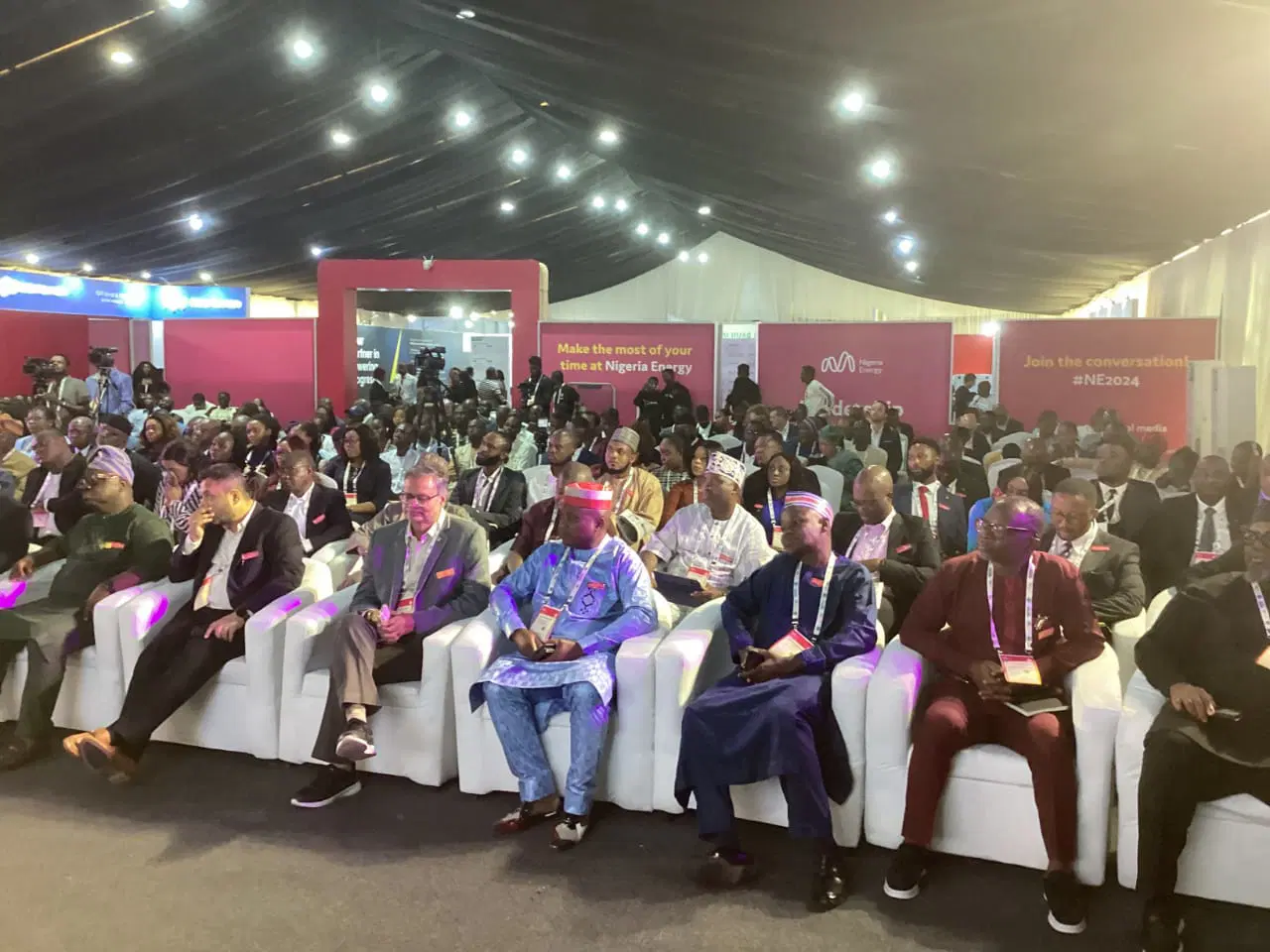At the Nigeria Energy Leadership Summit in Lagos, Abba Aliyu, Managing Director of the Rural Electrification Agency (REA), emphasized the pressing energy access challenges faced globally, particularly in sub-Saharan Africa. He revealed that 85% of the 885 million people without electricity worldwide live in this region.
The summit, themed “Breaking Barriers to the New Energy Era: Clean, Reliable and Sustainable,” was organized by Informa Markets and aimed to address the urgent need for sustainable energy solutions.
Aliyu shared significant progress in Nigeria’s electricity sector, noting that 1.5 million Nigerians have improved electricity reliability by interconnecting mini-grids. He highlighted that three million individuals have established isolated mini-grids, while approximately 12 million have adopted mesh grids, stand-alone systems, and solar home systems. This initiative aims to enhance electricity access and will commence next month.
He stated, “We are also improving the commercial viability of the players, and this has started even before the outcome of the World Bank report.” According to Aliyu, the off-grid renewable sector currently provides electricity access to over 561 million people globally, with 55% of this figure residing in sub-Saharan Africa.
Aliyu discussed how microeconomic factors, such as inflation and financing costs, hinder global electricity access, affecting not only Nigeria but nearly all countries. He noted a trend of mergers and acquisitions in the energy sector as stakeholders seek solutions to these challenges. He stressed that the sustainability of mini-grids and other infrastructure projects relies heavily on the financial viability of the entities implementing them, whether in the public or private sector.
Hakeem Disu, Co-founder of Lihon Energy, also spoke at the summit, asserting that Nigeria’s energy transition is the most advanced among African nations. This highlights the country’s commitment to improving its energy infrastructure and access for its citizens while navigating the broader challenges present in the region.

